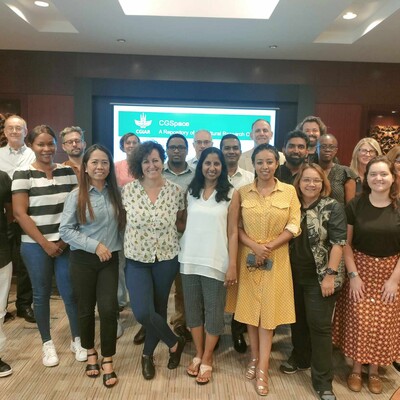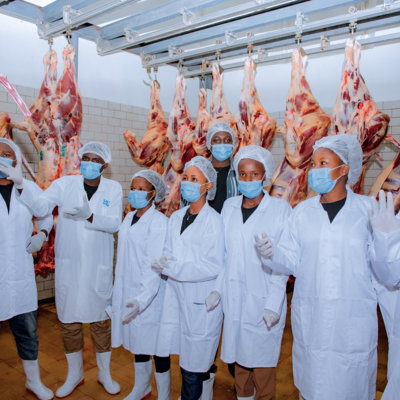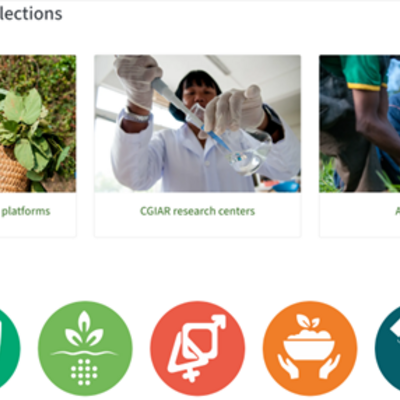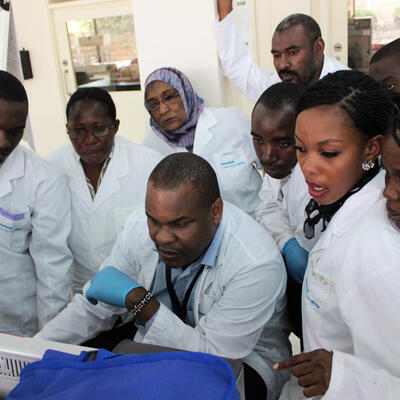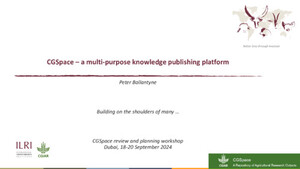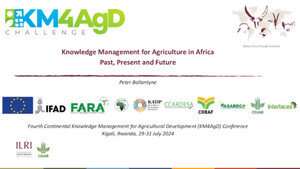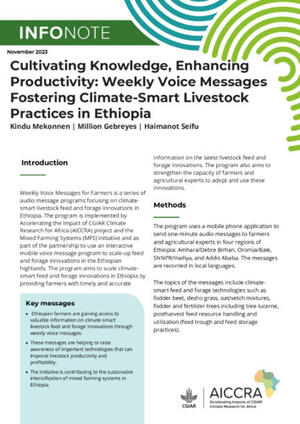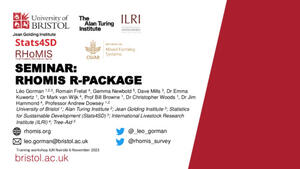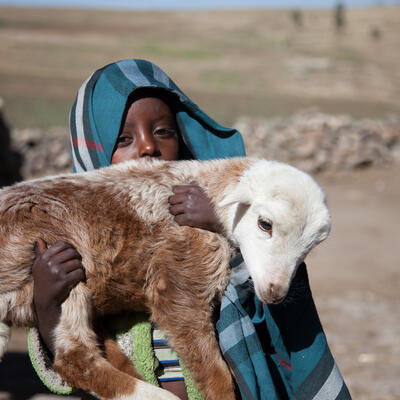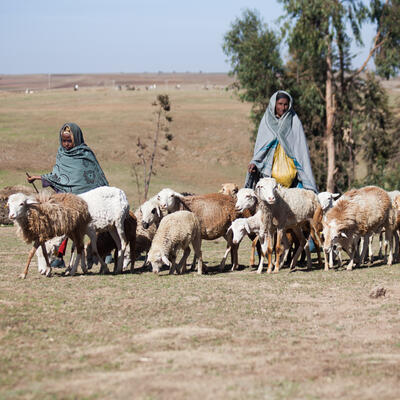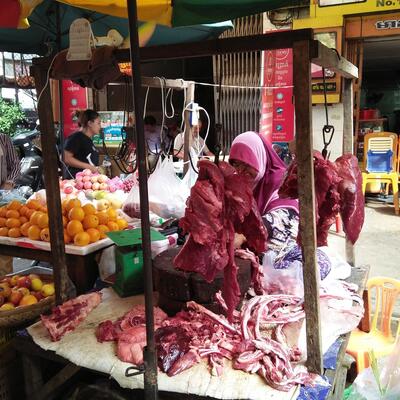
Promoting agricultural research – which services do your scientists use?
Here at the International Livestock Research Institute (ILRI), we have set up lots of platforms to help our research results travel – an open access repository, blogs announcing results, a portal for our data, email alerts and RSS feeds, twitter and more.
Increasingly we see that scientists themselves are using different platforms and services to increase the visibility of their research – also collaborating and getting metrics and impact scores for their work.
With no claims to originality, here are 4 services we want ILRI scientists to use – are there other services like this you consider essential (please add a comment below)?
- ORCID (http://orcid.org/about/what-is-orcid). A unique digital identifier for scientists, ORCID helps scientists claim their publications. See for example Alan Duncan: http://orcid.org/0000-0002-3954-3067
- Google Scholar Citations (https://scholar.google.com/citations). As well as helping scientists list their publications, it provides their ‘h-index’. See for example Steve Staal: https://scholar.google.com/citations?user=iSNEPBIAAAAJ&hl=en
- Mendeley (https://www.mendeley.com/). This is more focused on collaboration and networking but also helps researchers track, share and find publications, creating groups where teams can collectively build knowledge bases. See for example Tezira Lore: https://www.mendeley.com/profiles/tezira-lore/
- ResearchGate (https://www.researchgate.net/). Similar to Mendeley, this helps researcher share and find research. See for example Zelalem Lema: https://www.researchgate.net/profile/Zelalem_Lema/. Important for ILRI is that people select the correct institution – in our case using ‘Consultative Group on International Agricultural Research’ and the ‘department’ called ‘International Livestock Research Institute’.
And of course there’s Yammer – the CGIAR’s facebook, linkedin, facebook, twitter and many more … This post explains why these tools are much less daunting than they appear to be!
Just as we want all ILRI staff to be on these platforms, it may help the collective CGIAR presence and identity if CGIAR staff in other centres and programs pursued similar approaches and services (some already do I know: For instance, IFPRI is big on Mendeley and ORCID; CIFOR and I think IWMI are implementing ORCID in their repositories; ICRAF has used Google Citations to look at staff impact factors … ).







